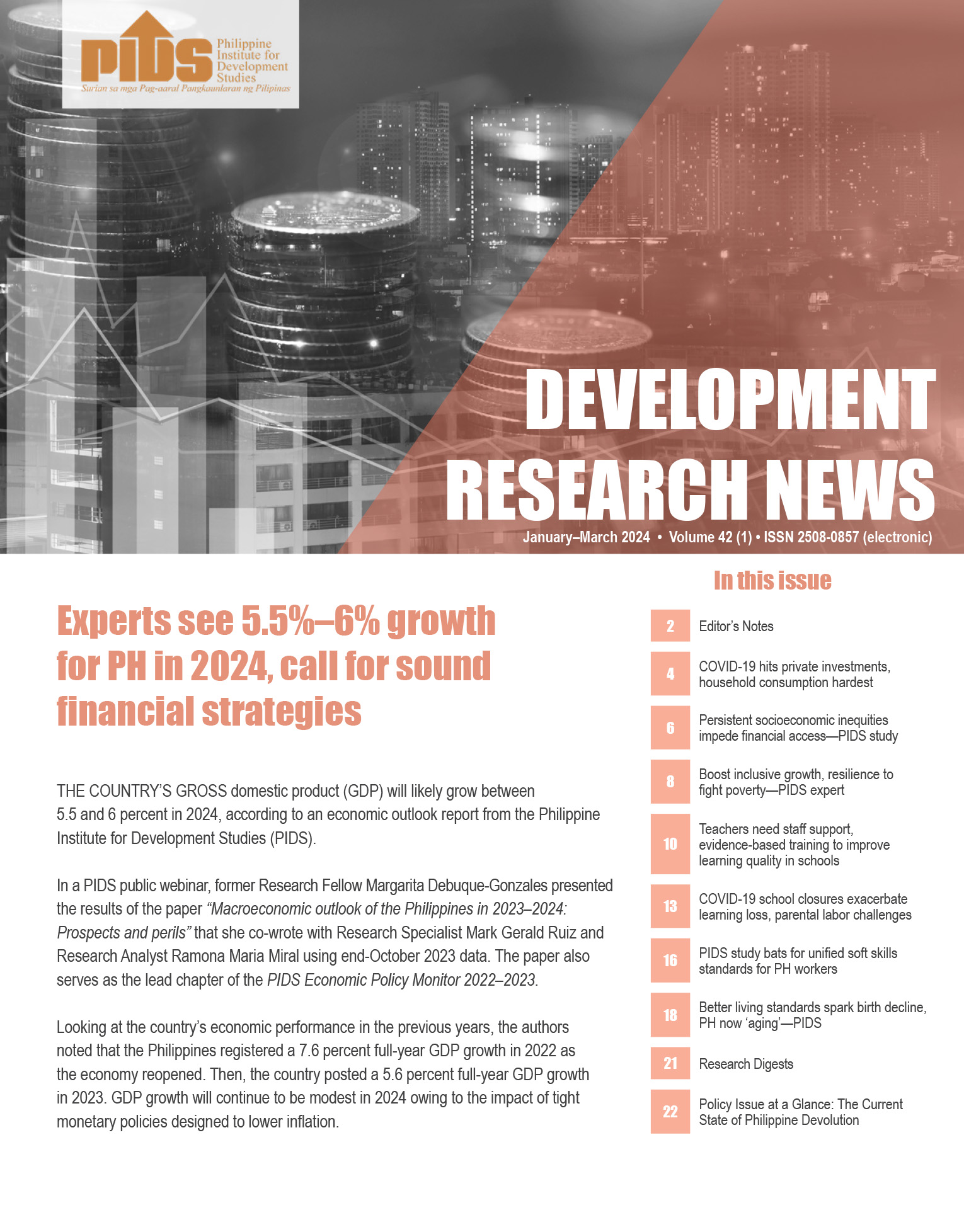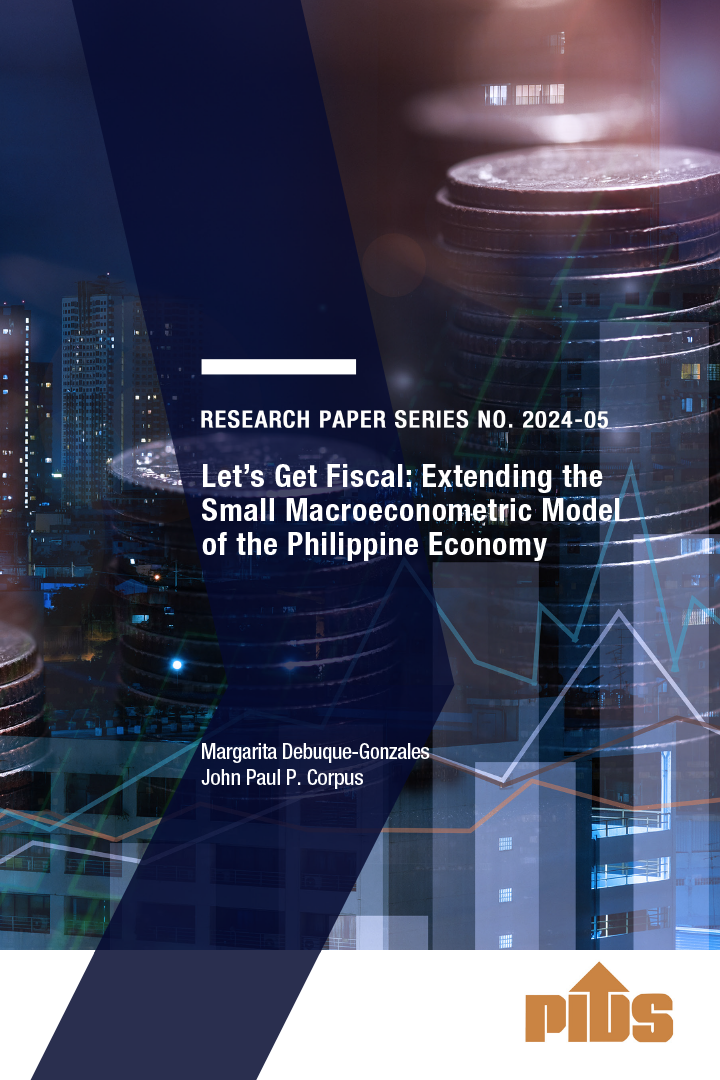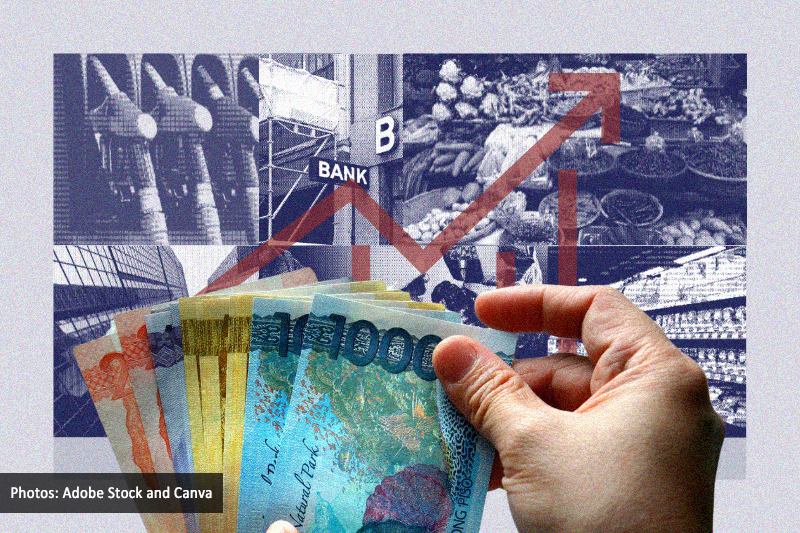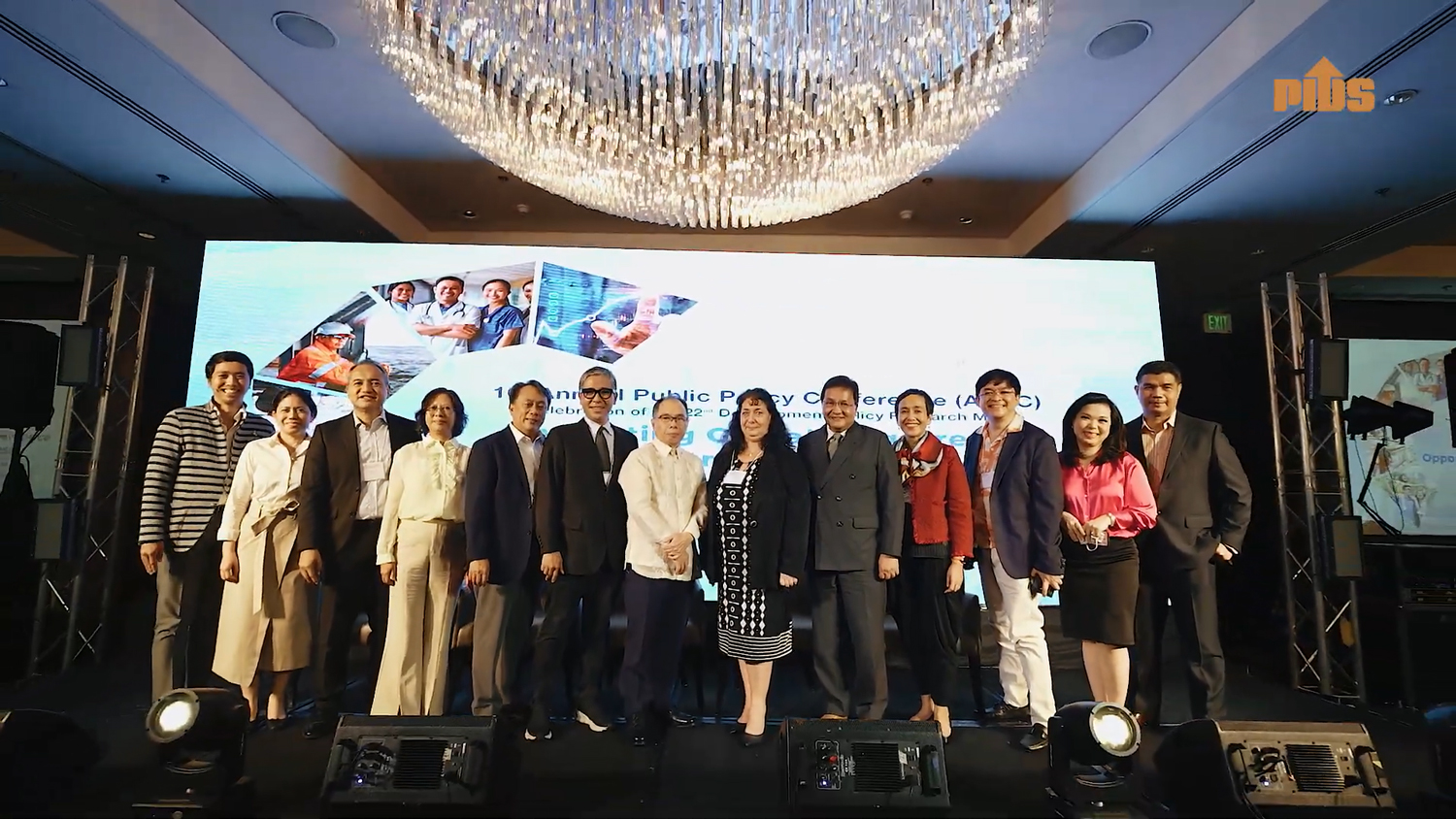Manufactured controversies are threatening the economic growth of the Philippines, a leading policy expert on global market warned on Wednesday.
During a seminar at the Philippine Institute for Development Studies, Dr. Dan Steinbock, a research director at the India, China, and America Institute, revealed that the country has become a victim of serious international misunderstandings, which have prevented its prospective investors from getting the real picture of its economy.
“There simply is a gap between the international perception of the Philippine economy and the realities in the country,” Steinbock explained, blaming the bias in the media coverage of the country’s economic matters.
“This does not mean that all that media is doing is wrong but there is a certain bias,” he said.
Apparently, “most of the news stories that I have seen that claim to be neutral came from so-called think tanks which are funded by other governments,” he added.
Steinbock specifically cited the case of analyst Anders Corr, a former Forbes contributor who allegedly made “gross misrepresentations” in his threat assessments of the Philippine economy mid last year.
In May 2017, Corr, in a Forbes article, claimed that the Dutetre administration’s PHP 8.2 trillion infrastructure program may sink the Philippines into deeper debt and “will put [it] into virtual debt bondage if allowed to proceed”.
He also alleged that the President and “his influential friends and business associates” would likely to benefit from the program with “hundreds of millions of dollars in finder’s fees”.
Both Budget Secretary Benjamin Diokno and Trade Secretary Ramon Lopez have since denied these issues, claiming that the tax reform will help defray the bulk of the needed funds internally. In a text message to BusinessWorld, Diokno even went on saying that Corr’s claims were “based on a lot of ridiculous assumptions”.
Meanwhile, Steinbock described Corr’s claims as “outrageously flawed” and “wrong by any standard”. Contrary to the latter’s claim, he said he also expects the debt position of the country to remain sustainable, despite the deficit spending for infrastructure.
“He is claiming that things in the Philippines are going so bad when that is not the case,” Steinbock asserted.
Given these controversies, the policy expert advised the Philippine government to be critical in assessing the interests of those who want to get involved in the discussion of the country’s economic concerns.
In the case of Corr, for instance, Steinbock said he is being used by “colluding parties” to express his views in the media “in an effort to destabilize” the Philippine economy.
He explained that these parties are associated with the different departments of the United States (US) Department of Defense, which “prefer to have a different kind of administration for the convenience of the US policy in the area”.
To counter these manufactured controversies, Steinbock also urged the government to keep the conversations open to rectify the misconceptions of foreign investors regarding the Philippine economy. He likewise recommended for it to organize more investor conferences to attract more foreign companies to invest in the country.












